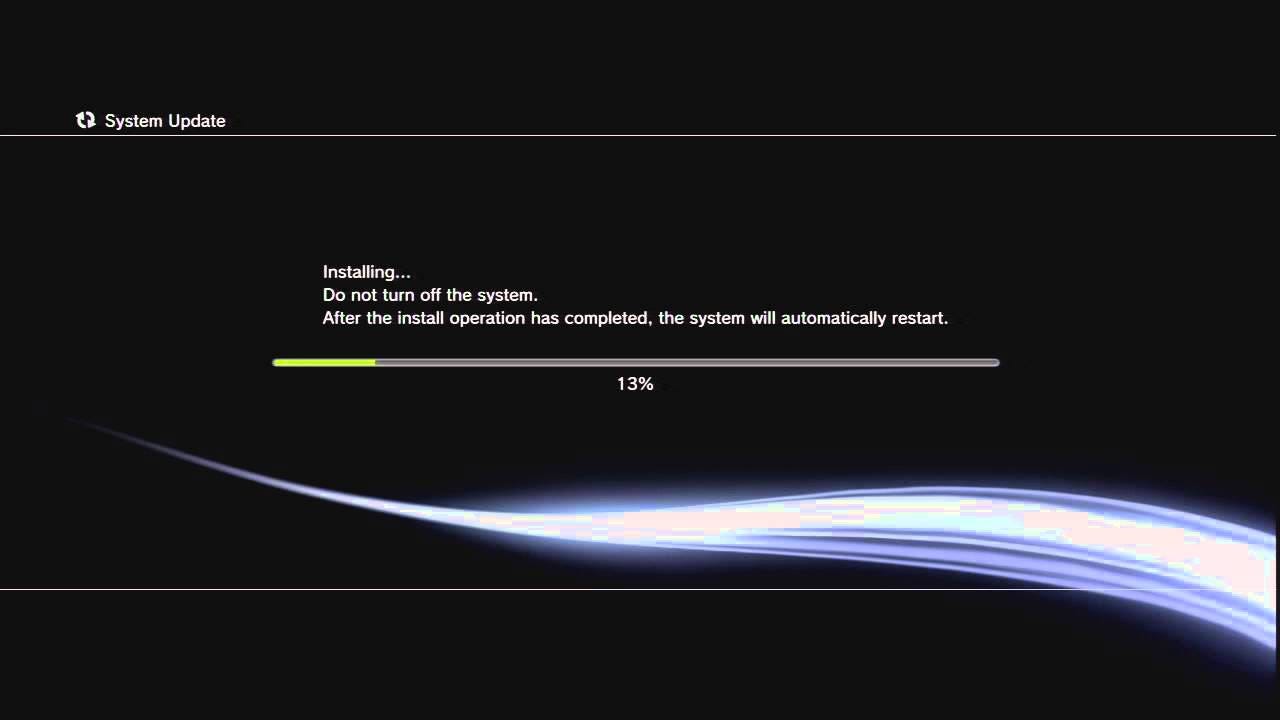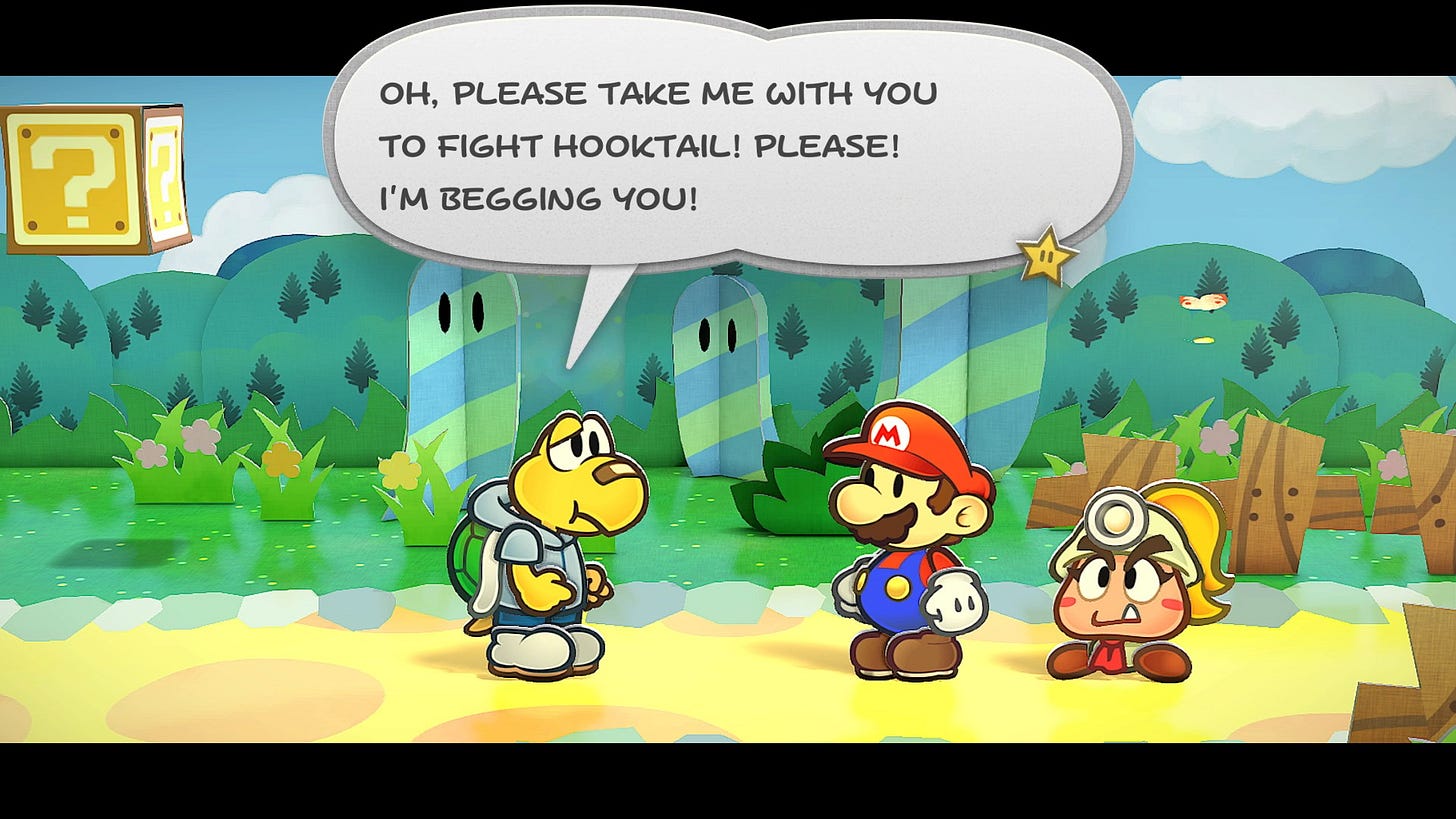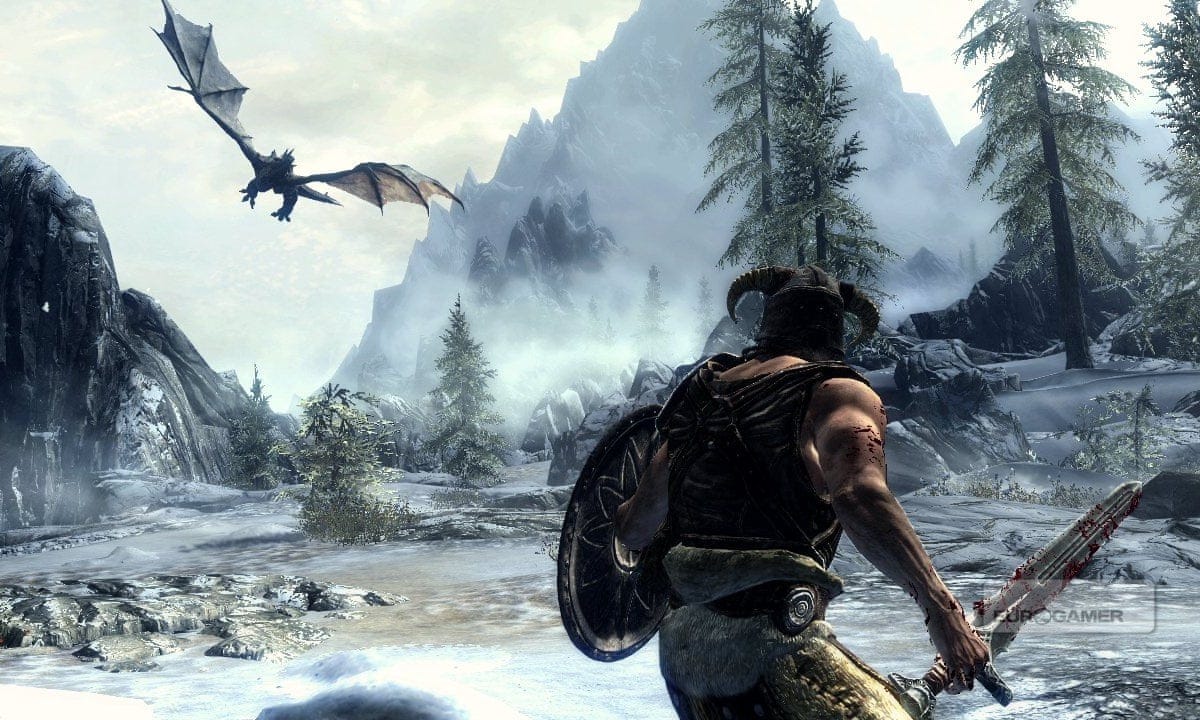In 2005, my very good friend Roger Ebert asserted that video games cannot and will never reach the artistic heights of such media as movies or books. He conceded years later that a video game could one day become great art, but maintained that the nature of the medium would prevent it from standing as tall as the other two.
He was almost right.
Blaming the artistic ceiling of video games on the nature of the medium is where Ebert had it wrong. That is, it’s not the bones of a video game that prevents it from attaining such a distinction, but the way we — audiences, modern game designers, and critics — tend to approach and comprehend them.
And this is the part where I tell you that I’m actually qualified to talk about this; not emotionally, but credentially. Long before I stepped into film criticism, I spent my pandemic-mandated free time studying game design, video games being a since-childhood passion of mine that sputtered out as I grew older. I was certain it wasn’t because I outgrew them, but the further I got into my twenties, the greater my unnameable frustration with modern gaming got. I wanted to figure out why, which led me to the one-and-only Cory Rodis.
Cory Rodis (whose Game Design Academia Discord server I remain a part of to this day) is/was my game design instructor, and he’s a genius. I’m not just saying that in a colloquial sense — his grasp on what makes video games (and games in general) function the way they do is nothing short of revolutionary.
His YouTube channel (which he began after I studied under him) is the single best widely-available game design resource out there, and it isn’t close.
I also interviewed him for my old job once, on the topic of why Baldur’s Gate 3 is a horrible example of good game design. I still haven’t looked at the comments; I know better.
Fast-forward to the present, and my already-thin patience with the trajectory of the medium coupled with the fact that I just have better things to do nowadays (i.e. this blog, i.e. screenplay writing) has caused me to bounce off video games pretty hard in the last few years especially.1
This saddens me, because I’ve since identified the cultural arena of video game critique to be endlessly fascinating and in dire, dire, dire need of a facelift — infinitely more than the arena of the film criticism, if you ask me. But I can’t well and truly dig into a game-specific commentary without devoting time that I don’t have to video games that aren’t worthy of it or my money.2
Luckily, video game adaptations seem to be emerging as Hollywood’s next hyperfixation, and while I rarely have much to say about those movies, I do have a long-gestating desire/responsibility to pontificate on their source medium.
That’s what this new series, “The Cyber Treatment” is going to be all about; video game critique — of the same practicality and in-depth caliber that I hold myself to with film criticism — anchored by a film adaptation of a video game.
This fills the filmic gap that would let me justify writing about video games on this blog, and subsequently gives me enough of a distance from the video game that the film is based on, which will allow me to speak more liberally and conceptually about video games as a medium, rather than critically analyze just one game.
And trust me, I’ve played waaaaaaay more than enough video games in the past to speak on this topic in the first-hand sense.
A Glimpse of What This Looks Like, and Why I’m Doing It
If film criticism has strayed tediously far from its path of art communication, then video game criticism doesn’t even have a blueprint of a path to follow. This is mostly, I think, because many modern game designers surrender their craft to the impulses of the players.
For example, Blizzard Entertainment — specifically the Overwatch developers — are constantly implementing changes based on player feedback. Players, of course, are more concerned with what feels good or comfortable to them specifically as opposed to what would structurally benefit the game’s identity and gameplay.
Now, imagine if Christopher Nolan asked his fans how he should make his next movie. What should he do? What would appeal to them? How can he be sure that it will cater to his viewers’ persuasions and preferences?
Christopher Nolan would obviously never do this, and anyone who sincerely engages with art and media does not need to be told how utterly dystopian such a thing would be.
Moreover, you have thousands upon thousands of gamers who primarily quantify games based on how good the story is. By that logic, chess and soccer are horribly-designed games, assuming they would even be considered games at all on account of them not having a story.3 Again, I shouldn’t have to tell you how egregious that last statement is.
These two things more-or-less encapsulate the problem with how we understand video games right now. People like Clive Barker go to bat for video games as art forms, and yet, I have never come across a video game critic or passionate gamer who has openly admired video games in the specific context of their gameness. Every time a game’s cinematic ambiance receives praise, nobody questions why this hypothetical game is a game instead of a movie.
Nobody is asking what about the video game medium is serving this particular piece of media.
I played Firewatch during the pandemic, and it ranks as perhaps the worst game I’ve ever played, with “game” being the operative word there.
Firewatch, you see, could very well be a good thing, but whatever that thing is, it’s not a game. There are no baked-in or emergent tensions4 in the gameplay (which, in essence, means it’s not really gameplay), the choices that are available are entirely cosmetic, and it’s frankly inexcusable that Firewatch’s story — which itself touches on a worthwhile if not fascinating idea — was stretched across 6-10 hours of interactive polygonal collision instead of 90-100 minutes of economical cinema.
In other words, there is nothing about the video game medium that does any favours for what Firewatch is, and there’s no reason it should exist as a game instead of a movie. And there it is again — video games that revere the qualities of established high art mediums, and therefore betray the potential of its own capabilities. Square peg-round hole, except the peg has agonizingly sawed off its corners to resemble an octagon — still far from a circle, but dammit, the peg wants in to the round hole club.
To that point, would a hypothetical high art video game attain such a distinction based on emotional resonance and philosophical wow factor like a film or a novel? No, probably not. Video games need to set their own artistic benchmarks, and if they’re smart, they won’t measure them by cinematic heft or storytelling pedigree, but by the singularly innovative heights afforded to them by the element of gameplay, which movies and books obviously don’t have.
And don’t get me wrong, either; there are plenty of fantastic games being released these days that regard their gameness as their North Star. Hades, Inscryption, and Axiom Verge are three fantastic examples of games that understand how to leverage the medium and therefore justify their presence in it.
Even then, though, video game criticism does not touch on those accomplishments, and so something like Hades will be lauded similarly to something like Baldur’s Gate 3, despite the lightyear-spanning gap between the two in the realm of game design.
To put it into perspective, Baldur’s Gate 3 winning TGA’s 2023 Game of the Year Award is like if Zack Snyder’s Justice League won the Oscar for Best Picture. I could write a Cyber Treatment entry around that comparison. I might!
All this to say, I grew up on video games, and while I didn’t realize it at the time, I loved them because they activated parts of my brain that only a game could — the games of yore that had no blockbuster expectations like expensive technical fidelity or contrived maturity, and so could subsequently focus on play.
Most importantly, these games understood play as far, far more than an endorphin hit — a “more” that, at some point, was deprioritized by modern games in favour of a pinnacle that was never and will never be theirs to reach. I want to contribute to a course-correction that may never manifest on the scale I wish for it, but that I can at least say existed in some capacity.
As for what I mean by that “more,” that’s precisely what I plan on exploring in The Cyber Treatment series — a comprehensive dive into the more objective falsifiables of game design through the accompanying lens of video game film adaptions. I do this not out of disdain for modern video games, but a desire to establish/reestablish an intellectual intimacy with the medium that I believe has been withheld from it. And what is criticism, after all, if not an invitational attempt to open and exercise the neural pathways that allow us to more diversely benefit from the media (and, by extension, life) we experience, regardless of what kind of media we’re critiquing?
Anyhow, I’m not sure when I’ll post the first entry in this new series, nor how frequently I’ll sprinkle them in with my regular film criticism posts — which will still primarily be what you see from me — but here are some of the films (sans the specifics of what I’ll explore alongside it) that I plan on writing about:
Borderlands
Uncharted
Dungeons & Dragons: Honor Among Thieves
Free Guy (obviously not a video game adaptation, but a great subject for the lens I plan on using for this series)
Five Nights at Freddy’s
A Minecraft Movie
Rampage
Pixels (same case as Free Guy)
Until Dawn
The Super Mario Bros. Movie
Comments and questions are encouraged more than usual here. Stay frosty, moon children!
I do want to make time for titles like Blue Prince and Clair Obscur: Expedition 33, just to keep a line on that aforementioned trajectory of the medium.
This is an exaggeration. Knowing what I know as a game designer, I can get a good-to-fair line on how well a game works within an hour of playing it. However, not playing the whole thing brings an element of real or imagined dishonesty to the critique, which you can’t really expect readers to give you good grace on, especially if you’re saying things that a lot of people aren’t ready to hear (which would be the case with me).
Not to imply that such folk would actually argue that chess and soccer are bad games. I’m simply illustrating a point about how we think about games.
Which is just one aspect of games that I’ll talk about at some point in this series.









I have never been a gamer. However, the only remotely good movie based on a video game I have ever seen was Takashi Miike's "Ace Attorney", which seemed to approximate the mechanics of gameplay and game aesthetics within its narrative.
Also, perchance a word or two on "eXistenz?"
Fromtheyardtothearthouse.substack.com
This is so exciting, Charlotte - congrats and can't wait to read it! Outside of Zelda, MarioKart, and the PlayDead games (which I'd love to see you write about) I've lost the pulse completely, and look forward to gaining a deeper appreciation through your insights.